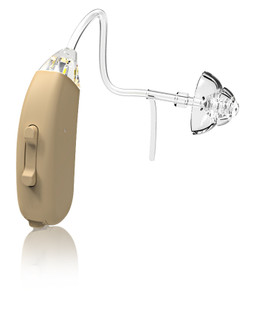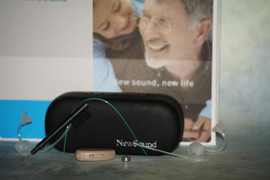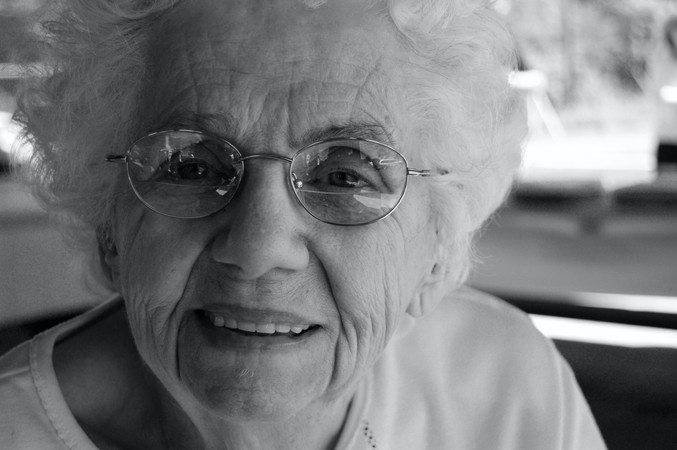Hearing Aid Myths Debunked: Separating Fact from Fiction
Posted by DR Paul on May 02, 2025
In today’s fast-paced world, being able to hear clearly isn't just a convenience—it's an essential part of our daily lives. Yet, for many who could benefit from hearing aids, misconceptions and myths deter them from seeking help. Whether due to outdated stereotypes or misinformation, these myths can significantly impact one's quality of life. If you're contemplating the use of hearing aids but find yourself hesitating because of something you heard (pun intended), this blog is for you. We’re here to debunk those persistent myths and arm you with the facts so that your journey toward better hearing is both informed and confident.
One of the most common myths about hearing aids is that they are only for the elderly.
While it’s true that age-related hearing loss is prevalent among seniors, hearing issues can affect people at any stage of life. From teenagers exposed to loud music to middle-aged adults experiencing gradual auditory decline due to workplace noise, anyone can benefit from a bit more sound in their lives. Modern hearing aids aren't bulky devices meant only for grandparents; they are sleek, sophisticated tools designed for anyone looking to improve their auditory experience.
Another pervasive myth suggests that all hearing aids are uncomfortable or unsightly.
This belief perhaps stems from memories of older models which were larger and less ergonomic. However, technology has come a long way since then! Today’s hearing aids are small, discreet, and designed with comfort in mind. Some models fit completely inside the ear canal while others tuck neatly behind the ear—many users report forgetting they're even wearing them after some time! Moreover, with customizable settings tailored to specific needs and preferences, contemporary devices offer an unprecedented level of personalized comfort.
Cost is often cited as a barrier
Many people are reluctant to explore hearing aid options due cost, perpetuating another myth: that they are prohibitively expensive without adequate return on investment. It’s important to consider what “value” truly means in this context. Investing in your ability to communicate effectively can substantially enhance personal relationships and professional performance—benefits that pay dividends over time far beyond financial calculations alone. Additionally, with insurance plans increasingly recognizing the importance of auditory health and offering coverage or discounts on devices and related services, affordability should not be an assumed deterrent.
Natural hearing deteriorate faster
A particularly damaging myth is that using a hearing aid will make your natural hearing deteriorate faster—a fear rooted more in fiction than fact. In reality, untreated hearing loss can lead to further degradation as your brain receives fewer stimuli needed for processing sounds effectively over time. By contrast, using a properly fitted device actually helps maintain your brain's auditory pathways by providing necessary input it might otherwise miss out on—a concept known as "auditory training." Thus rather than hastening decline, wearing a suitable aid may preserve clarity longer than going without one would allow.
Stigma with wearing hearing aids
Lastly—and perhaps most importantly—is addressing concerns about stigma associated with wearing a visible aid; many worry it signals weakness or frailty when nothing could be further from truth! Choosing assistance demonstrates proactive self-care akin not unlike opting glasses when vision fades—it signifies taking control over circumstances rather than resigning oneself passively into isolation caused by unaddressed disability barriers instead embracing full engagement within community activities again confidently assured presence amongst peers once more.
As we've seen throughout this discussion on debunking common misconceptions surrounding usage modern-day assistive listening technologies such advancements present tremendous opportunities improving overall well-being enhancing connection loved ones.










